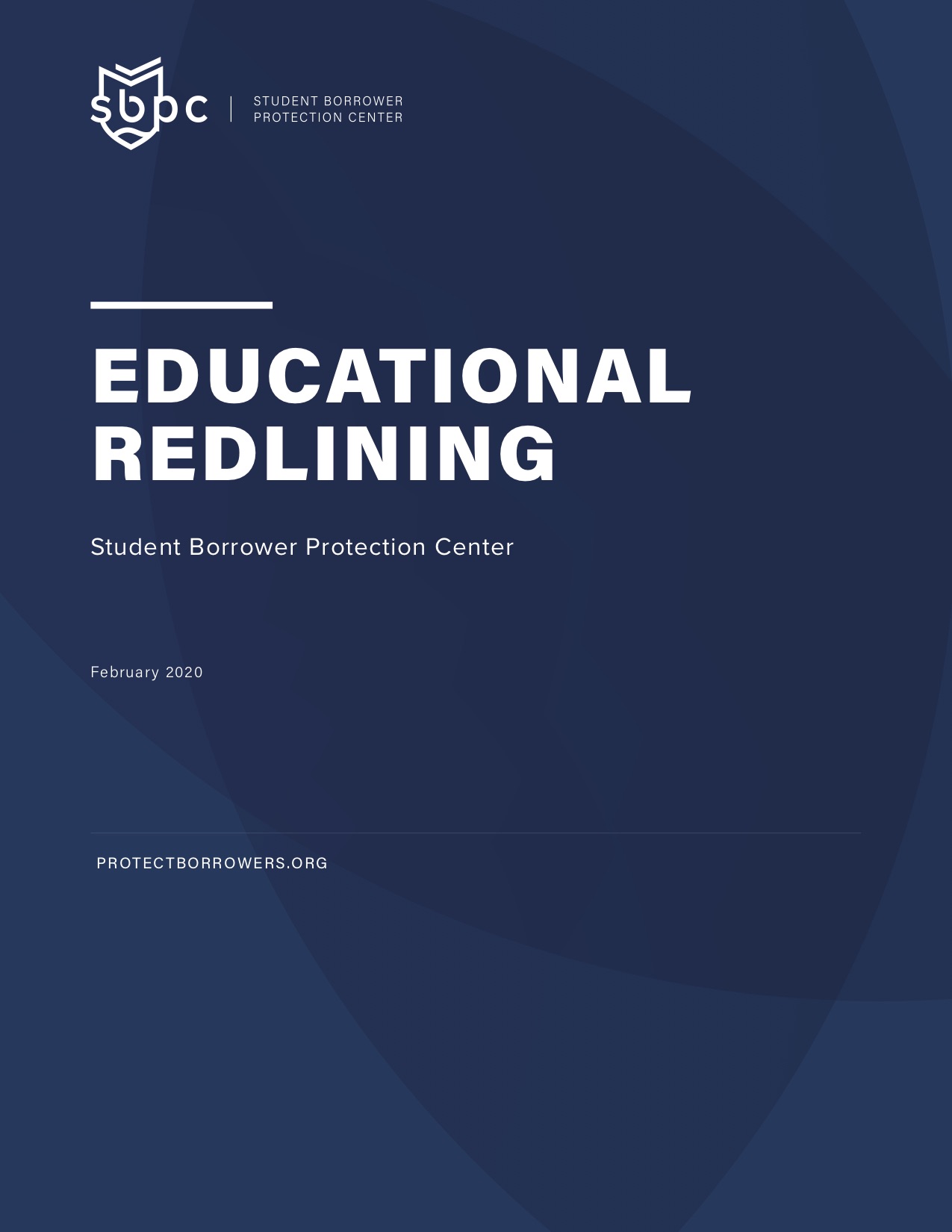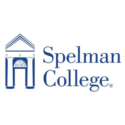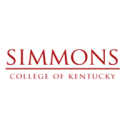 A new report from the Student Loan Protection Center finds that graduates of historically Black colleges or universities who seek out a private lender to refinance their student loan debt, tend to pay higher fees and interest rates than graduates of predominantly White institutions.
A new report from the Student Loan Protection Center finds that graduates of historically Black colleges or universities who seek out a private lender to refinance their student loan debt, tend to pay higher fees and interest rates than graduates of predominantly White institutions.
The Student Borrower Protection Center applied for dozens of loans online — posing as a 24-year-old man. The loan application stated that the borrower lives in New York, works as a financial analyst, and had an income of $50,000 a year. However, with other factors being a constant, a borrower who claimed to be a graduate of historically Black Howard University in Washington, D.C., would have been charged nearly $3,500 in interest and fees over the course of a five-year loan than similar applicants who said they graduated from predominantly White New York University.
Presumably, graduates of historically Black colleges and universities are charged higher fees and interest rates because lenders examined default rates and other factors relating to earlier borrowers from a given institution.
In a letter, several U.S. senators stated that “the use of (cohort default rate) to determine loan eligibility, underwriting, and pricing may have a disparate impact on minority students by reducing their access to credit and requiring those minority students . . . to pay higher rates than are otherwise available to similarly creditworthy non-Hispanic White students at schools with lower cohort default rates.”
The senators added that the Consumer Financial Protection Bureau, the Federal Deposit Insurance Corporation, and the New York attorney general found that a focus on non-individualized factors raises fair lending concerns.
The full report, Educational Redlining, may be downloaded by clicking here.










